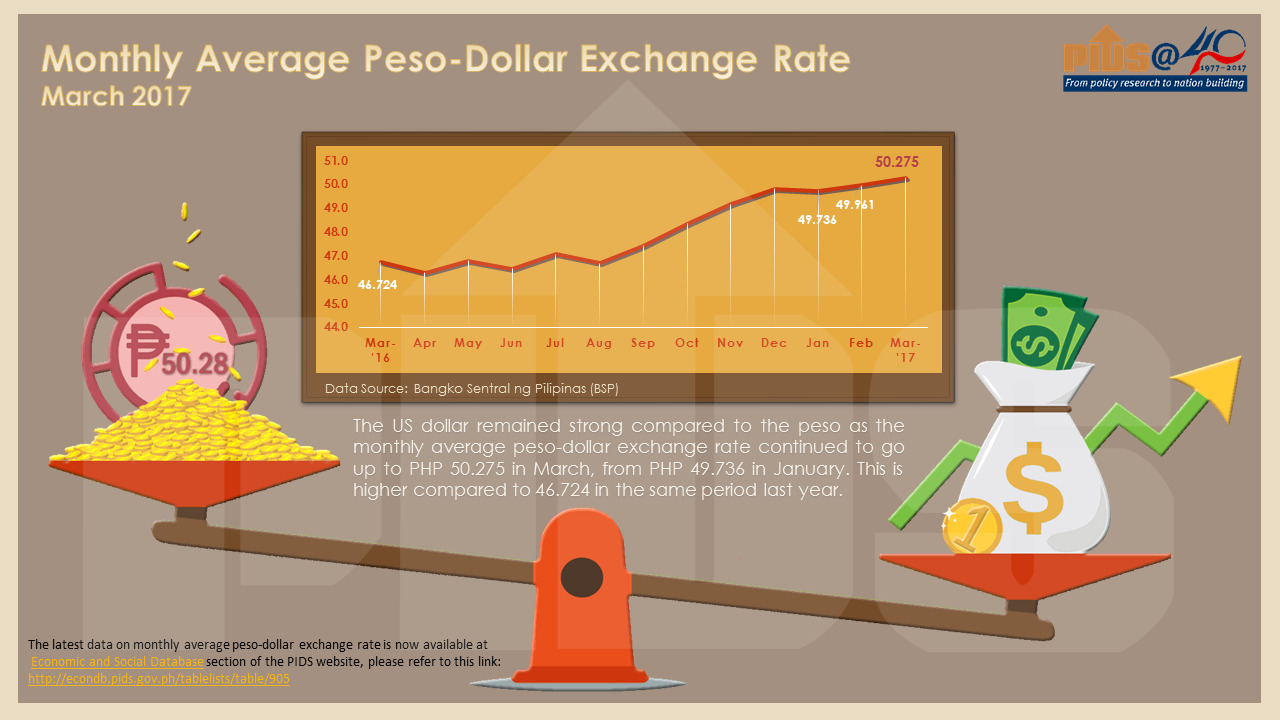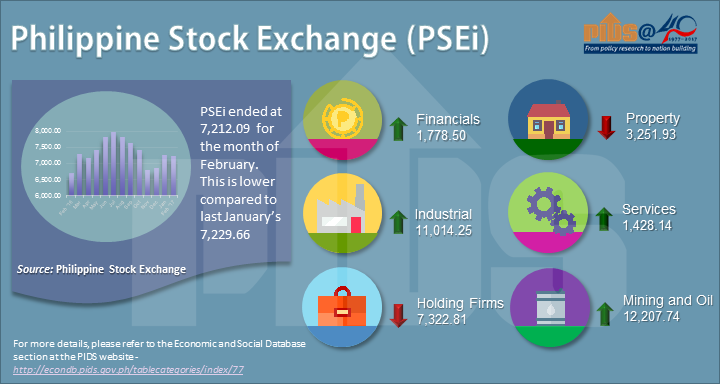Having trouble reading this email? View it in your browser. Not interested anymore? Unsubscribe Instantly. |
||||
 |
||||
|
||||
IN FOCUS: The Unintended Consequences of Policies
This is the central theme of the book “Unintended Consequences: The Folly of Uncritical Thinking” jointly edited by Vicente Paqueo, Aniceto Orbeta Jr., and Gilberto Llanto of the Philippine Institute for Development Studies (PIDS). Composed of 10 chapters, the book tackles the most prevalent, relevant, and urgent socioeconomic issues that confront the Philippine society today. The topics range from food, housing rent, small-scale enterprises, and environmental concerns like overfishing and logging, to contentious subject matters such as sex education, minimum wage, cash transfer, and temporary employment. In one chapter of the book, for example, Aniceto Orbeta and Vicente Paqueo posit that the call for the abolition of the government’s Pantawid Pamilyang Pilipino Program (4Ps) would negatively affect its recipients. Based on impact evaluation studies conducted on the 4Ps, the program has significantly improved children’s school enrollment, health services utilization, and the poor households’ spending on education and health. Also, the findings debunk the opinions of critics that the program spawns laziness, mendicancy, dependency, gambling, and other vices. On the proposal to curtail or prohibit temporary employment contracts (TECs), research reveals that it could “lead to slower growth of employment and gross domestic product”. The authors assert that “TECs are needed to deal efficiently with seasonal, fixed-term, project-based demands as well as unexpected business fluctuations and economic shocks.” Prohibiting TECs, they say, would mean less flexibility in the deployment of labor when and where they are needed and are most valued. Meanwhile, Danilo Israel and Vicente Paqueo deduce that the implementation of Executive Order (EO) 23 or the imposition of total log ban brought more harm than good. Investigations done in the Caraga wood industry have proven that illegal logging increased after the EO with the prevalence of rent-seeking and corruption. These are just some of the instances cited showing how noble objectives can oftentimes lead to unfavorable outcomes. The reasons for these “unintended consequences”, according to Paqueo and his co-editors, are ignorance, error or lapse in judgement, belief systems, political exigencies, problem complexity, failure to think critically, and the lack of empirical evidence to support the formulation of policies and programs. They also opined that government interventions are also “largely driven by populist pressures, half-baked ideas, and narrow private-vested interests” that usually reap unfavorable results. To avoid the recurrence of the same slip-ups, they recommend that government should invest more on data collection and analysis, and strengthen the capacity of research institutions to undertake credible impact evaluation of policies and programs. This would enable political leaders, voters, and experts to make well-grounded and more transparent economic and social decisions. Likewise, they encourage key players to veer away from damaging policy decisions or policy oppositions “based on uninformed opinions and blind submission to popular and traditional systems of ideas and ideals”. All stakeholders are also urged to demand policymaking bodies and government decisionmakers to formulate legislative actions and issuances based on “clear and sound theory of change and credible empirical evidence”. You may access the e-copy of the book, the discussion papers below where the chapters are based, and other related studies from the PIDS website and the SocioEconomic Research Portal for the Philippines. Simply type the relevant keywords in the Search box.
|
July 13, 2017, 9-5PM May 10, 2017, 2-4PM March 30, 2017, 9AM-5PM
The Philippine Journal of Development is a professional journal published by the Philippine Institute for Development Studies (PIDS). It accepts papers that examine key issues in development and have strong relevance to policy development. As a multidisciplinary social science journal, it accepts papers in the fields of economics, political science, public administration, sociology, and other related disciplines. It considers papers that have strong policy implications on national or international concerns, particularly development issues in the Asia-Pacific region. CLICK HERE for the guidelines in the preparation of articles. Submissions and inquiries may be sent to PJD@mail.pids.gov.ph.
|
|||
POLICY NOTES
|
||||
|
||||
Recent developments in the global economy, particularly the withdrawal of the United States from the Trans-Pacific Partnership, leave the Philippines and other member-states of the Association of Southeast Asian Nations (ASEAN) in a vulnerable spot in the world market today. |
||||
If not properly studied and evaluated, seemingly well-intended government policies and programs can have unintended consequences. In a new book titled “Unintended Consequences: The Folly of Uncritical Thinking”, researchers from state think tank Philippine Institute for Development Studies discuss why policies can have unintended consequences and how they can be minimized. READ MORE |
||||
The lifting of restrictions on rice imports in the country this year will signal greater competition among foreign suppliers and rice importers, as well as a decline in domestic prices, which will likely reduce farmers’ income. This is based on a study conducted by the Philippine Institute for Development Studies. In 1995, the World Trade Organization granted the Philippines special treatment in rice that allowed the government to take full control of rice imports. READ MORE |
||||
Women and children who belong to the persons with disabilities (PWDs) sector have lesser access to PhilHealth, according to a study of state think tank Philippine Institute for Development Studies (PIDS). In a forum organized by PIDS, Senior Research Fellow Celia Reyes disclosed that “less than 20 percent of households with PWD women and 25 percent of families with PWD children” have access to PhilHealth. READ MORE |
||||
An innovative way to promote agricultural insurance nationwide is to strengthen the linkage between local government units (LGUs) and the Philippine Crop Insurance Corporation (PCIC), the government’s insurance provider for farmers, says state think tank Philippine Institute for Development Studies (PIDS). According to PIDS Senior Research Fellow Celia Reyes and Research Associates Adrian Agbon, Christian Mina, and Reneli Ann Gloria, the collaboration between PCIC and LGUs can increase the penetration rate of agricultural insurance among farmers. READ MORE |
||||
Despite the dramatic decline in global trade coupled with protectionist forces in advanced global economies, exports will remain a major growth driver for most Asian economies such as the Philippines, according to an economist from the Asian Development Bank (ADB). In a forum organized by state think tank Philippine Institute for Development Studies, Ganeshan Wignaraja, advisor at the ADB Office of Chief Economist, dispels speculation that exports slowdown will lead to an end of Asia’s era of export-led growth, saying that this projection is “overdone”. READ MORE |
||||
To fully revive the manufacturing sector, it is necessary for the Philippines to implement reforms and policies toward improving the services sector. A study released by state think tank Philippine Institute for Development Studies (PIDS) underlines the interdependent link between manufacturing and services productivity. To sustain manufacturing resurgence, reliable, good quality, and affordable services are essential. Thus, the government should vigorously undertake structural reforms particularly in services needed by producers and exporters, argued author Ramonette Serafica, a PIDS senior research fellow. READ MORE |
||||
|
||||
EXCHANGE RATE The US dollar remained strong compared to the peso as the monthly average peso-dollar exchange rate continued to go up to PHP 50.275 in March, from PHP 49.736 in January. This is higher compared to 46.724 in the same period last year. To download the time-series data on monthly average peso-dollar exchange rate, please click this link: http://econdb.pids.gov.ph/tablelists/table/905. Source of data: Bangko Sentral ng Pilipinas
PHILIPPINE STOCK EXCHANGE INDEX Philippine Stock Exchange index ended at 7,212.09 for the month of February 2017. This is lower compared to last January’s 7,229.66. To download the time-series data on Philippine Stock Exchange Index, please click this link: http://econdb.pids.gov.ph/tablelists/table/643. Source of data: Philippine Stock Exchange |
||||
Need help? Have feedback? Feel free to contact us. © 2017 Philippine Institute for Development Studies.
|
||||
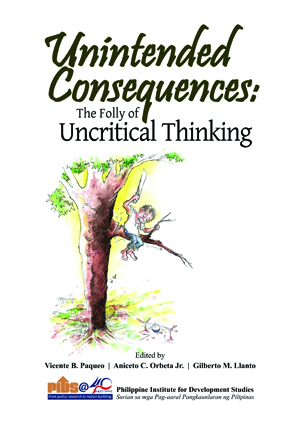
.jpg)
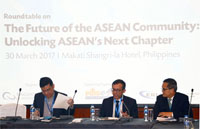 PHL, ASEAN countries push for deeper economic integration
PHL, ASEAN countries push for deeper economic integration  Think tank warns against ‘unintended consequences’ of gov’t policies and programs
Think tank warns against ‘unintended consequences’ of gov’t policies and programs 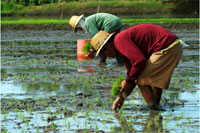
 Expand PhilHealth coverage for PWDs, children, and pregnant women—PIDS
Expand PhilHealth coverage for PWDs, children, and pregnant women—PIDS 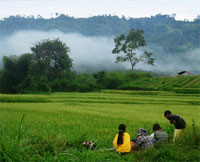 Expand agri-insurance in PH thru PCIC-LGU partnerships—PIDS study
Expand agri-insurance in PH thru PCIC-LGU partnerships—PIDS study
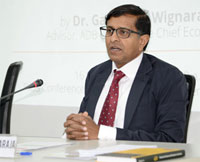 ADB economist sees export prospects for PH amid protectionism fears
ADB economist sees export prospects for PH amid protectionism fears  Beef up manufacturing sector thru reforms in trade services—PIDS study
Beef up manufacturing sector thru reforms in trade services—PIDS study 